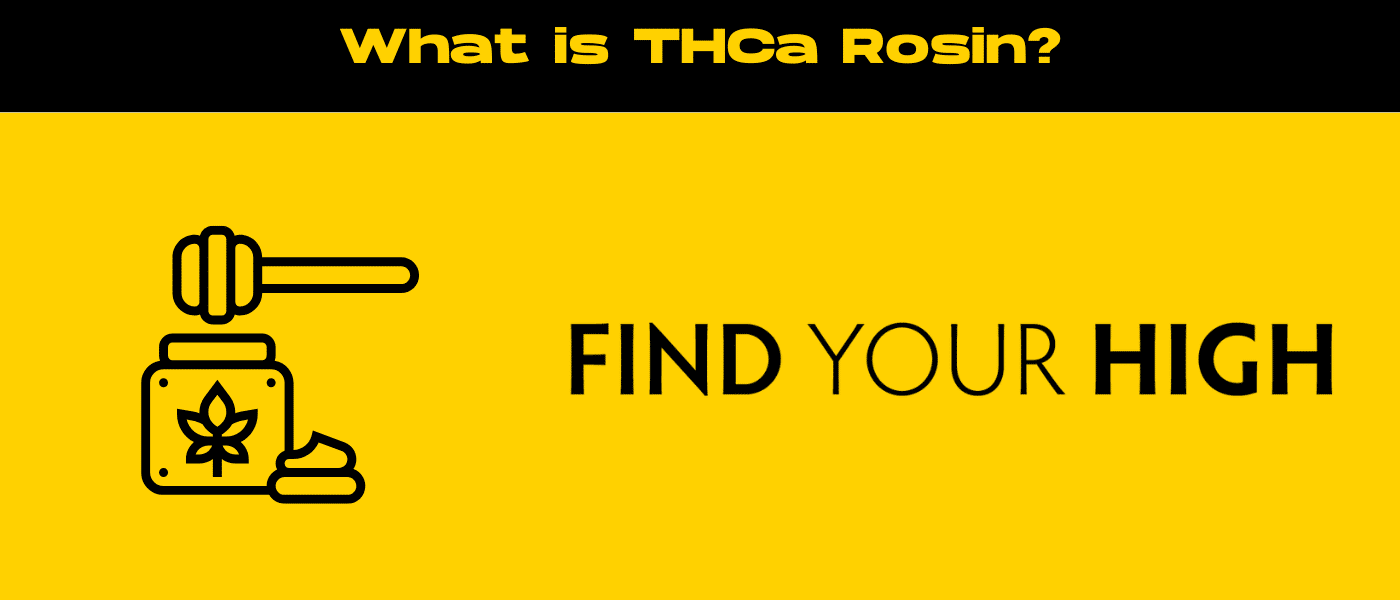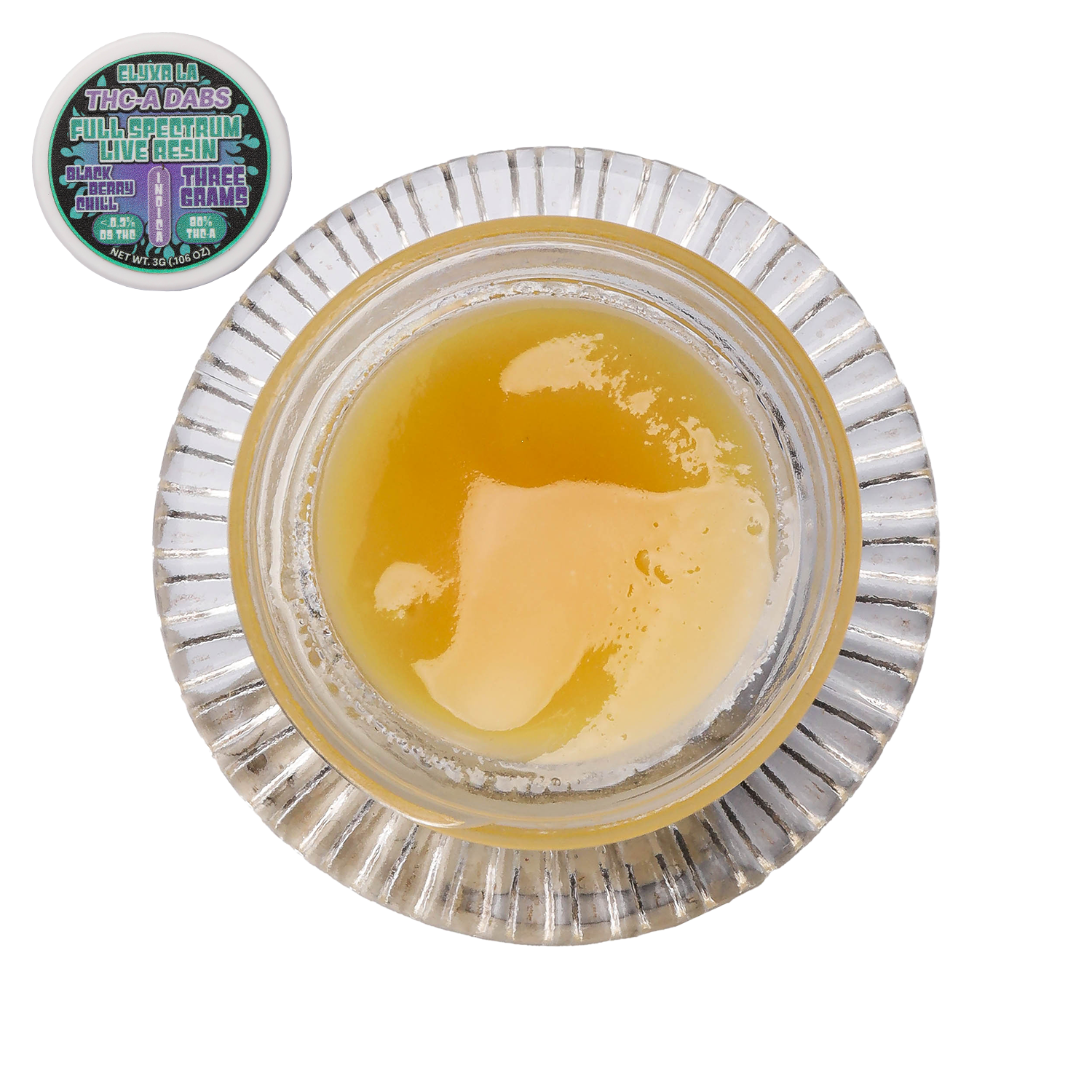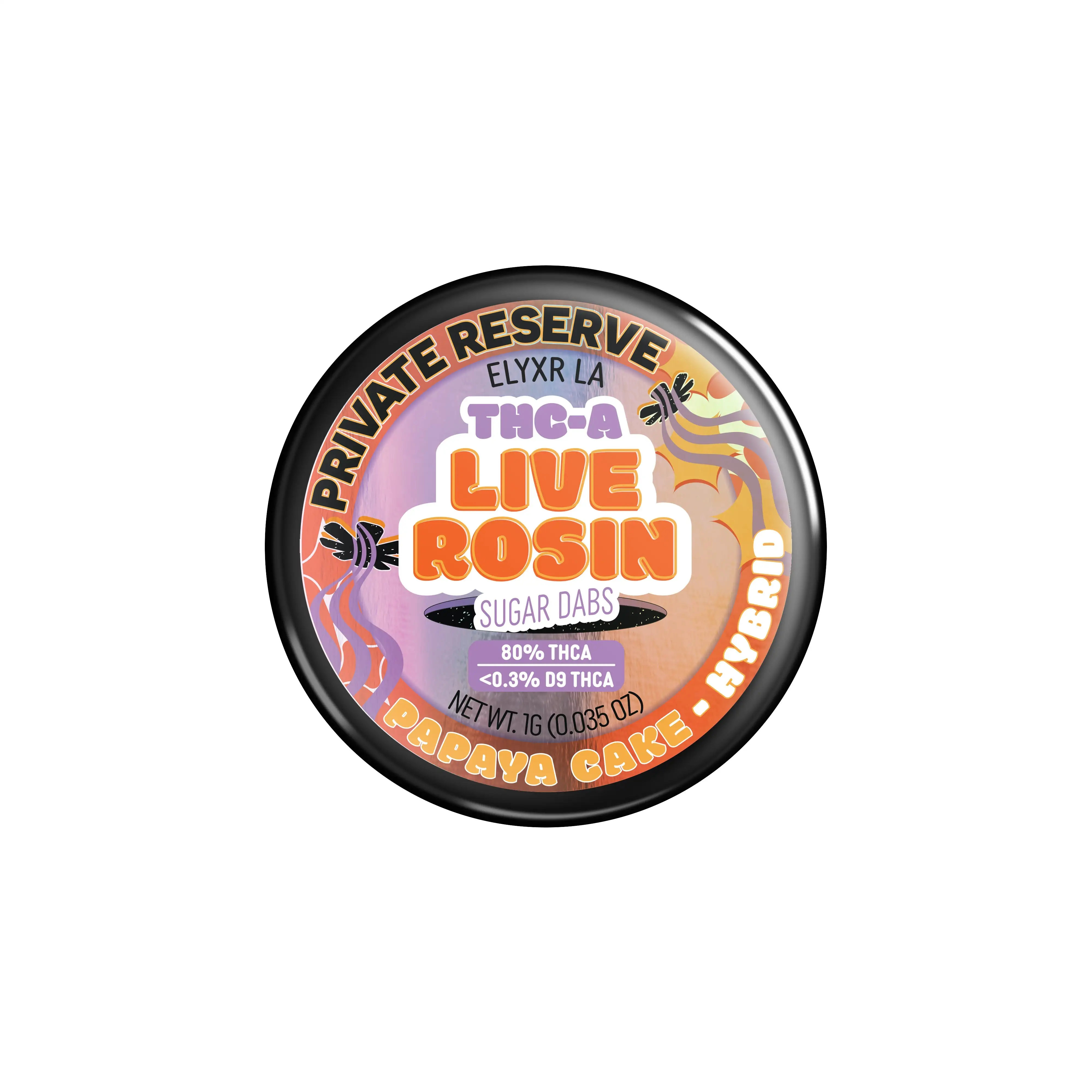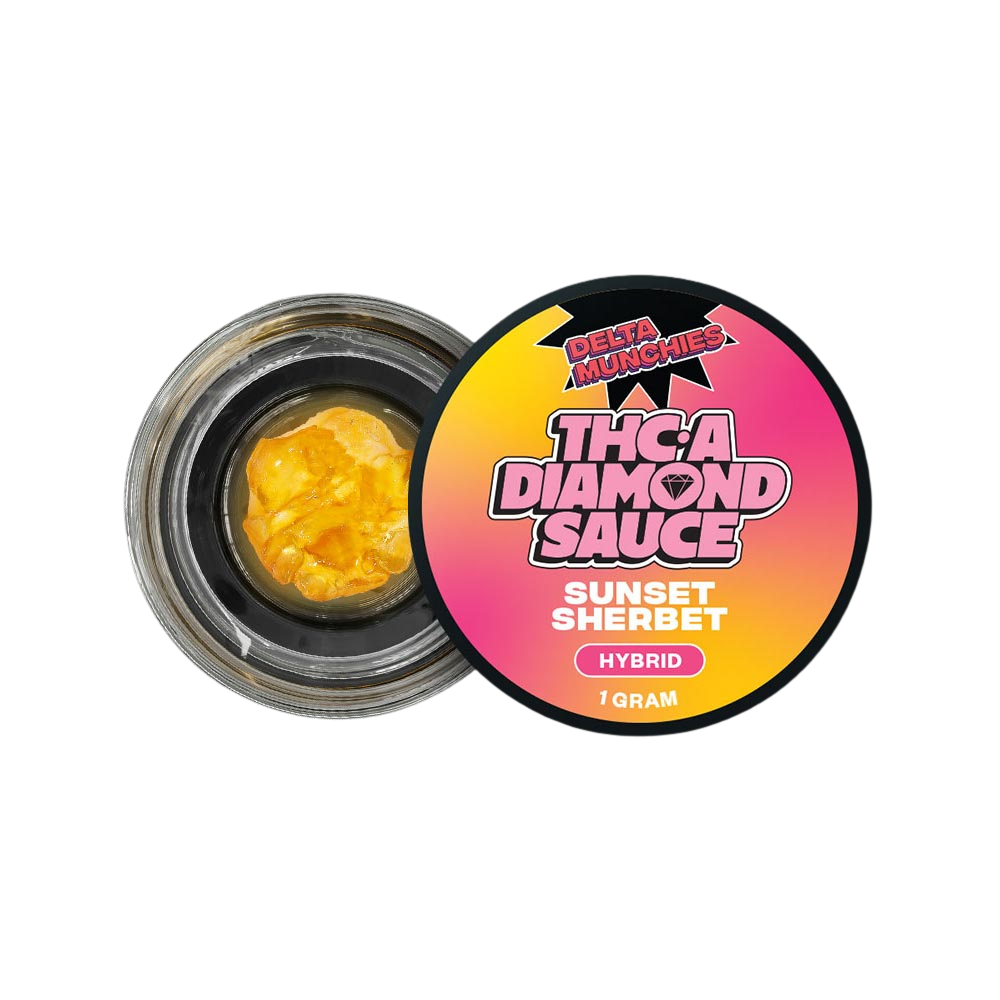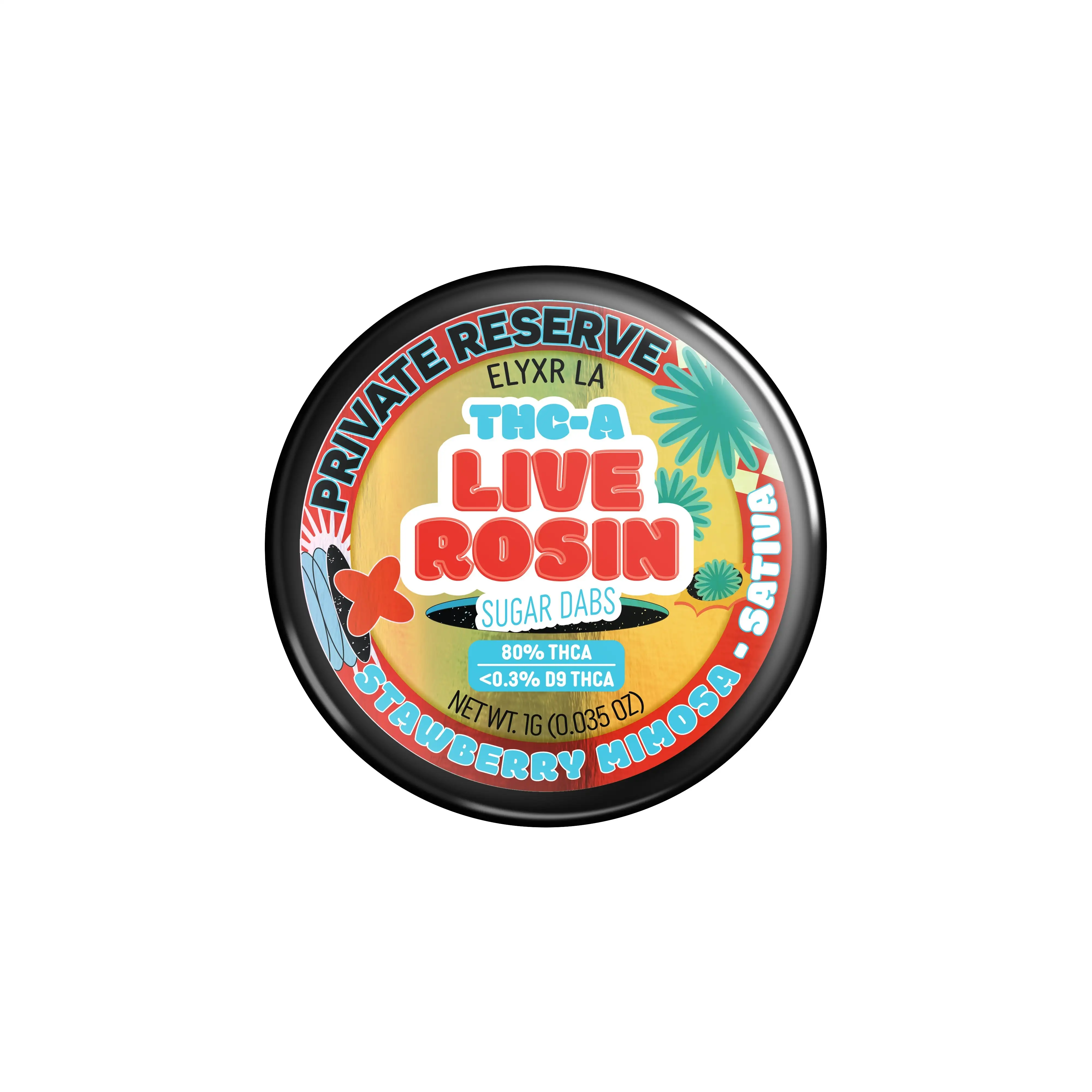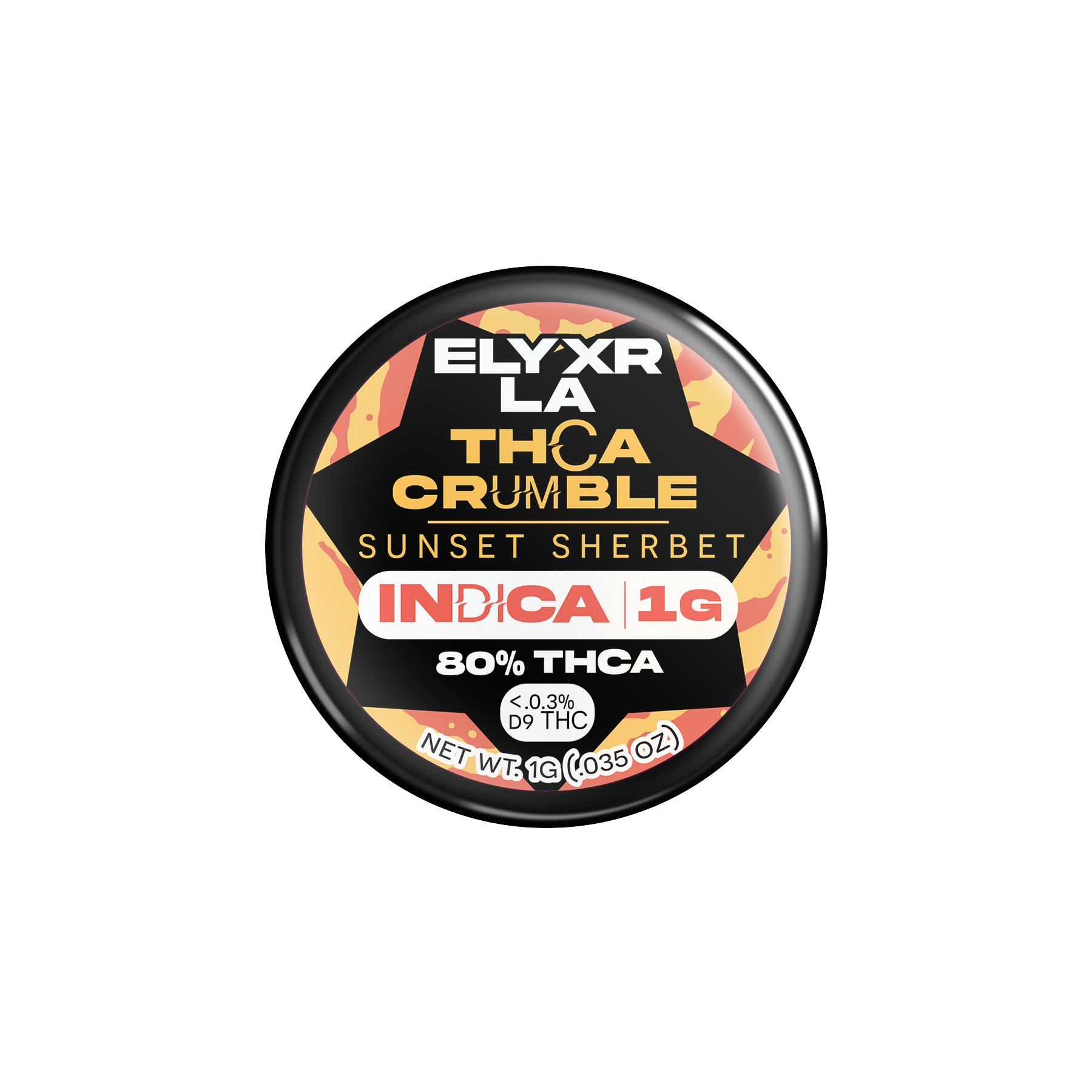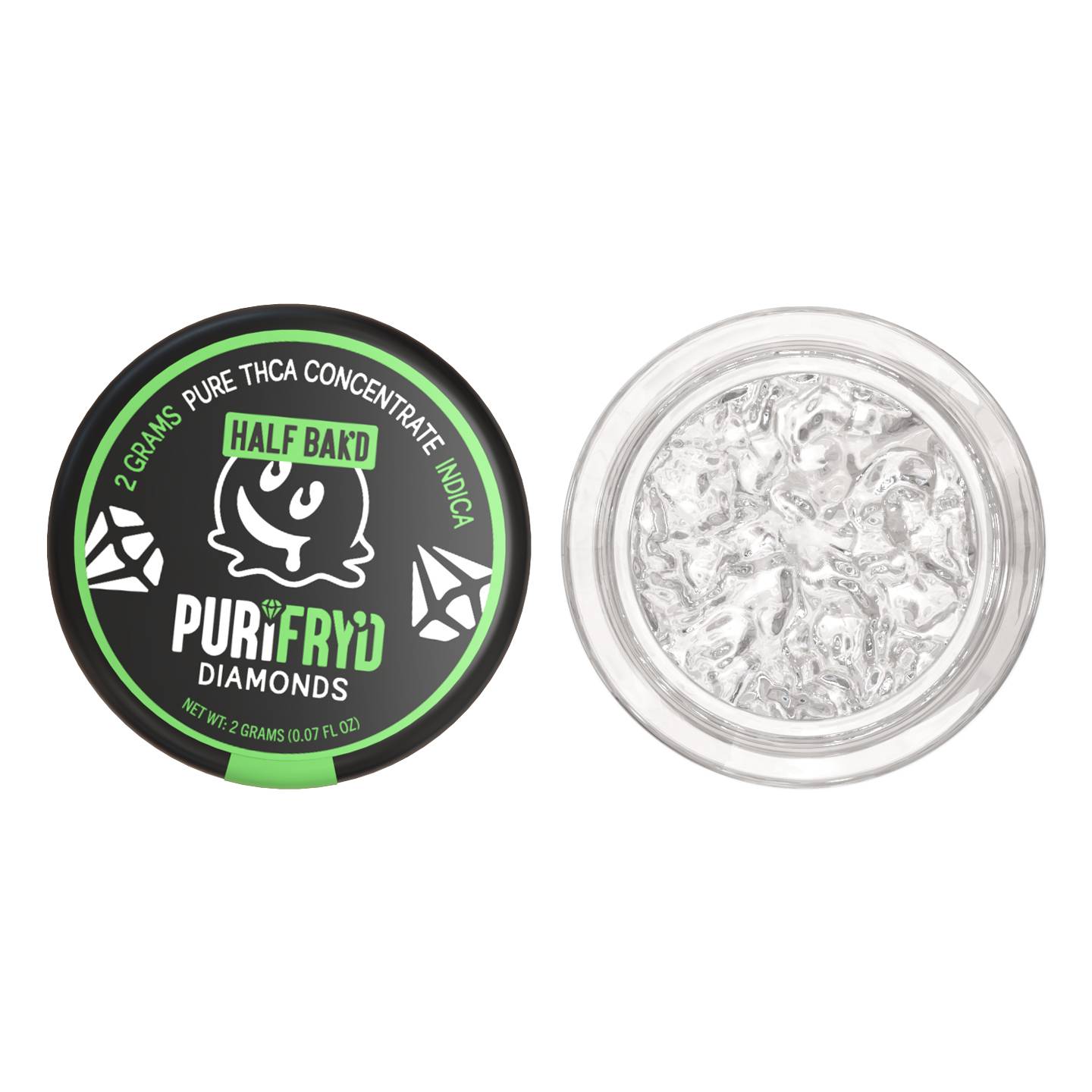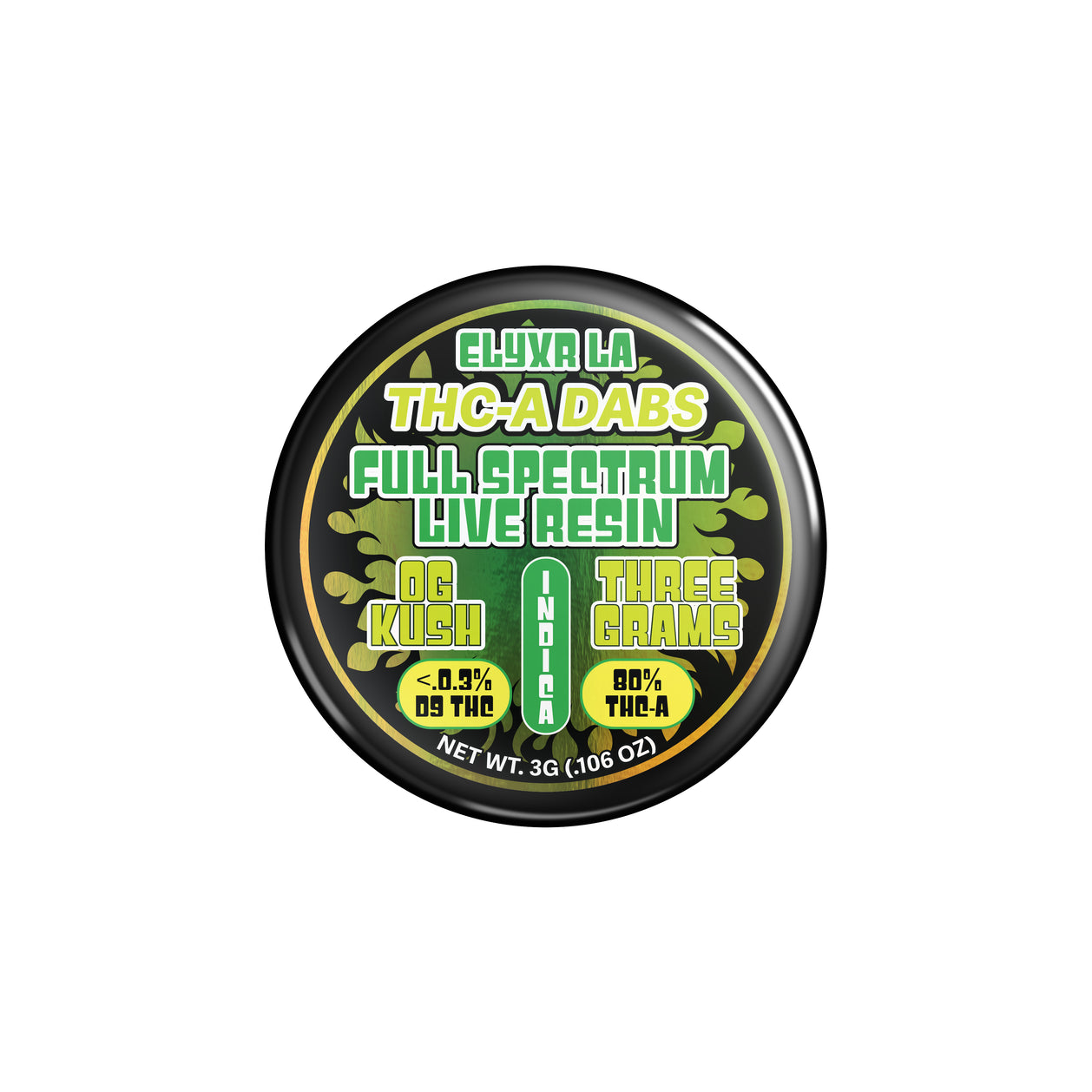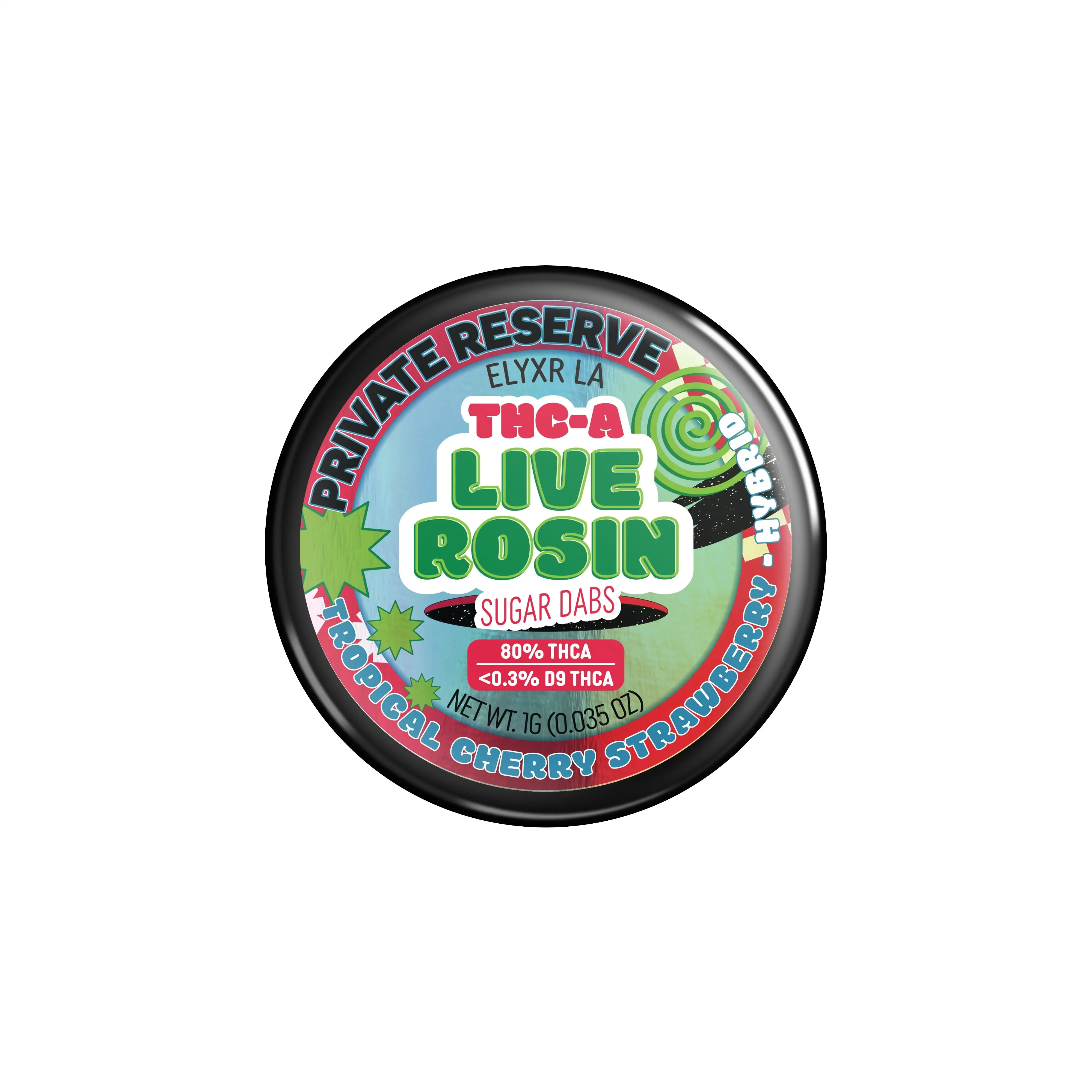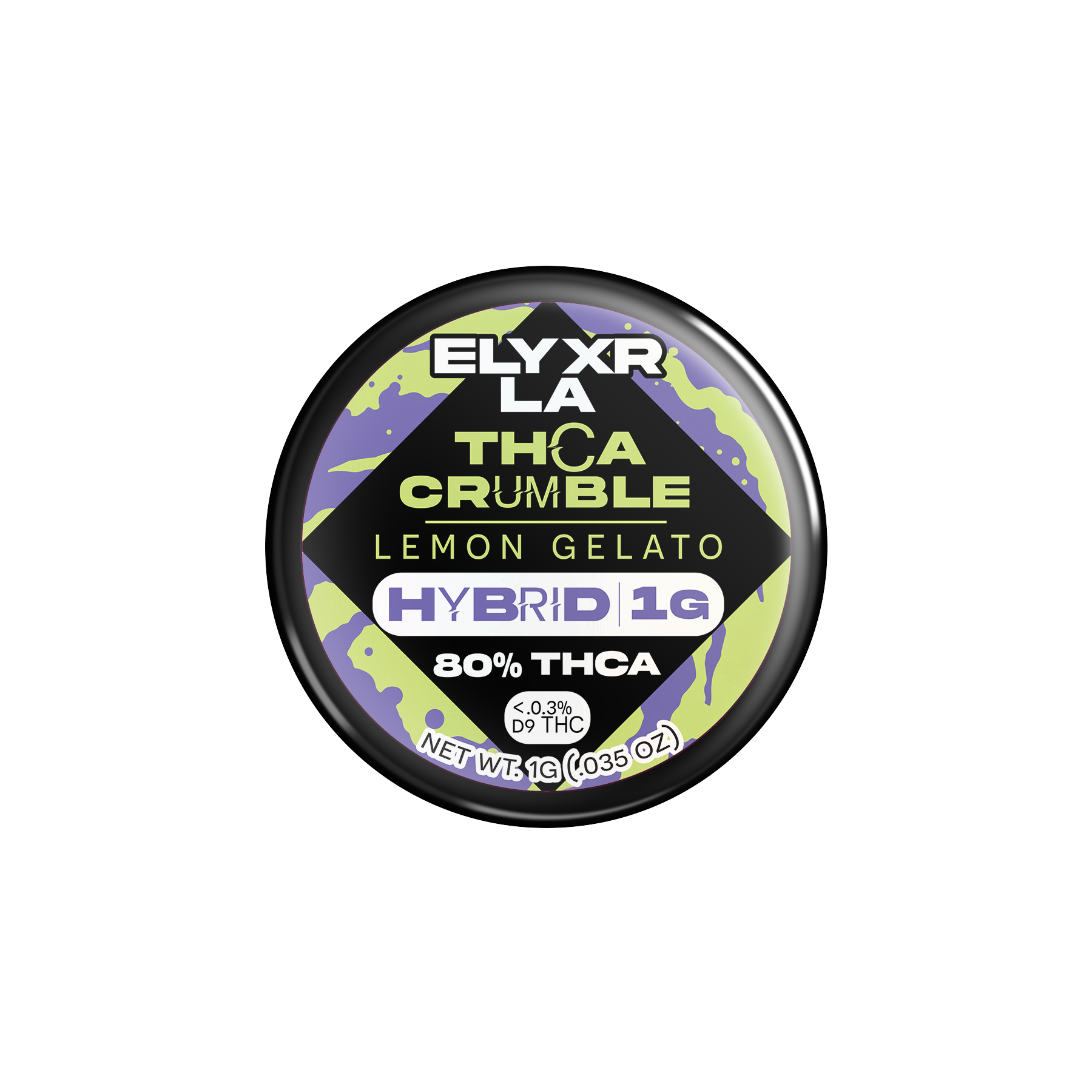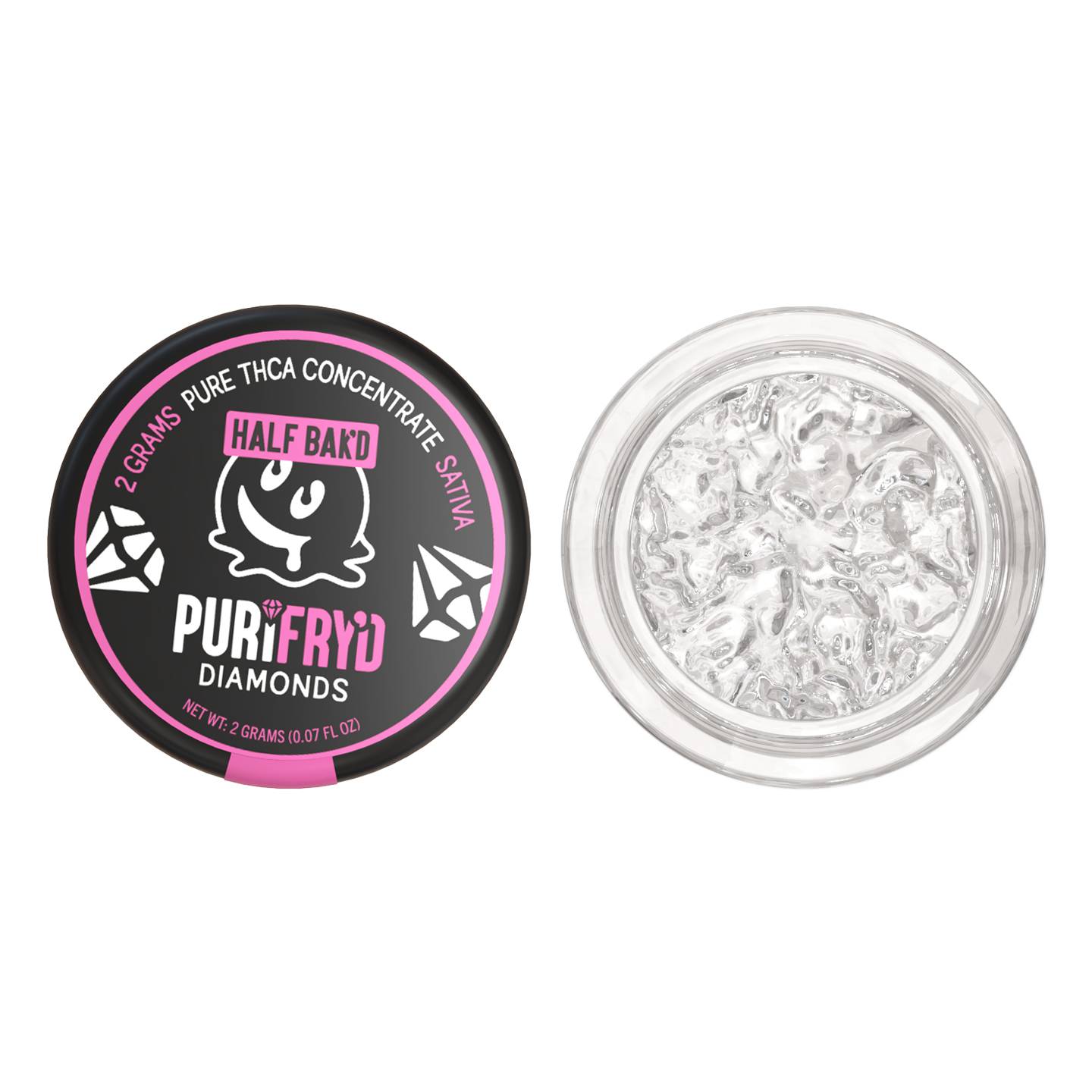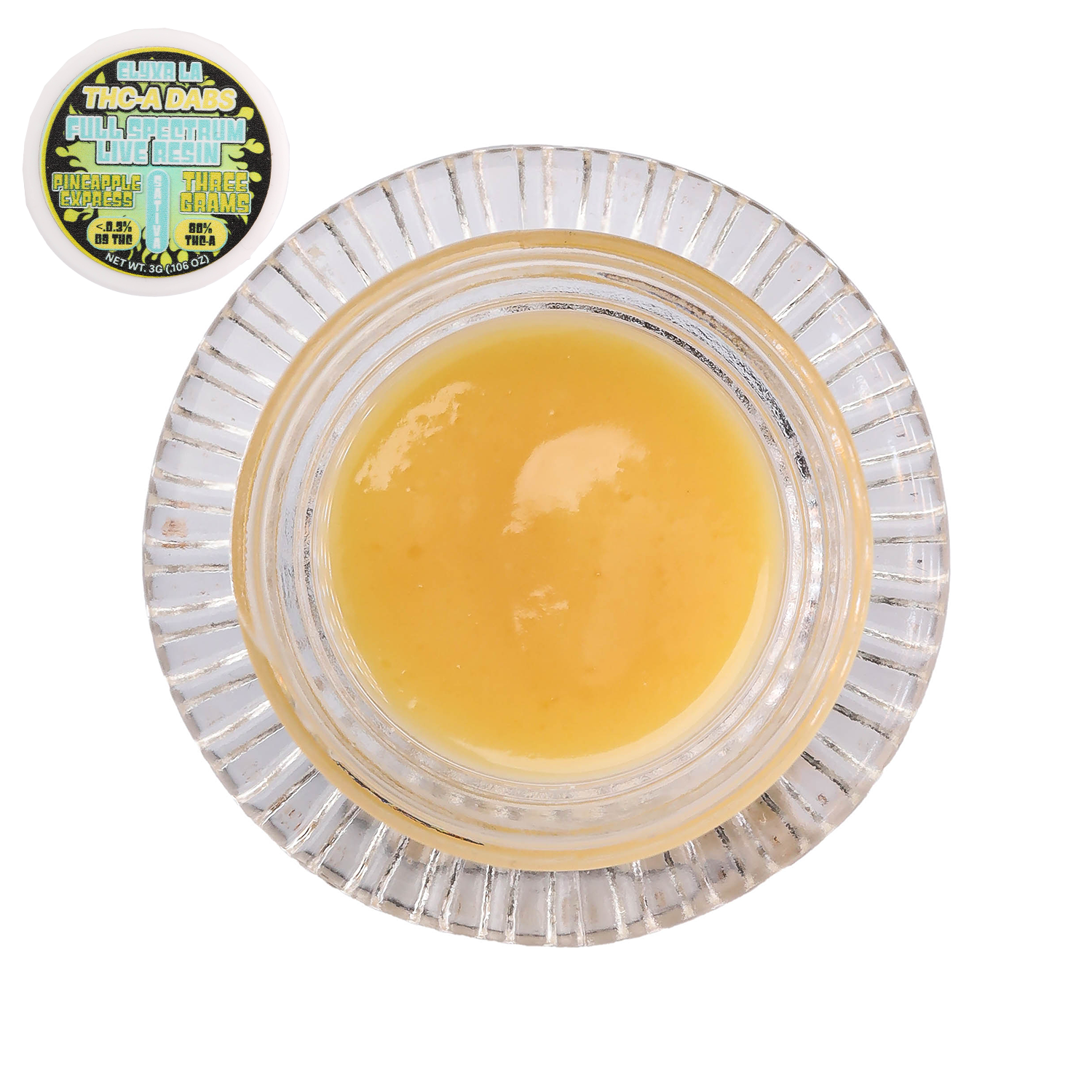Cannabis concentrates have come a long way from the days of homemade hash and low-grade shatter. In today’s market, consumers are reaching for high-end, solventless extracts that preserve both potency and purity. One standout product in this category? THCa rosin.
Whether you’re a seasoned dabber or just exploring the concentrate space, THCa rosin is gaining attention for its clean profile, intense effects, and overall versatility. But what exactly is it—and is it really worth the hype? Let’s break it all down.
What is THCa?
To understand THCa rosin, we need to start with the basics—THCa itself. THCa stands for tetrahydrocannabinolic acid, which is the acidic precursor to THC. Found in raw, freshly harvested cannabis, THCa doesn’t actually get you high unless it’s heated through a process called decarboxylation. This process converts THCa into the psychoactive THC, which is responsible for the euphoric and intoxicating effects most people associate with cannabis.
In its raw form, THCa offers potential therapeutic benefits without the high, which is why it’s gaining traction not only in medical circles but also in the world of concentrates. It’s highly stable, non-psychoactive until activated by heat, and plays a key role in many high-potency extracts.
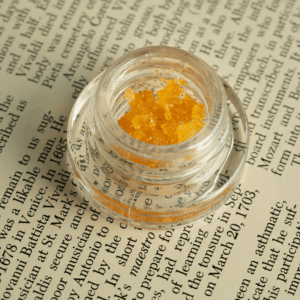
What is Rosin?
Now that we’ve covered THCa, let’s talk about rosin. Rosin is a type of cannabis concentrate extracted without the use of chemical solvents. Instead, it’s created using only heat and pressure to squeeze out the plant’s essential oils—think cannabinoids, terpenes, and other desirable components of the cannabis plant’s natural compounds. The result is a potent, flavorful, and high quality concentrate.
There are several types of rosin, including flower rosin (made from cured THCa flower), live hash rosin (made from bubble hash or ice water hash), and THCa live rosin (made from fresh-frozen material). Among solventless extracts, THCa live rosin is considered top-shelf due to its superior terpene preservation and overall quality. The key here is purity: rosin contains no residual chemicals, making it a favorite among health-conscious and flavor-focused users alike.
What Makes THCa Rosin Different?
THCa rosin takes the solventless extraction process a step further. Rather than being a general full-spectrum concentrate like regular rosin, THCa rosin is refined to isolate the THCa content specifically. The result is a cleaner, more potent product—often appearing as crystalline “diamonds” or soft, powdery textures depending on the process used.
Unlike full-spectrum rosin, which includes a mix of cannabinoids and terpenes, THCa rosin is typically very high in THCa—sometimes exceeding 90% purity. This gives users a powerful punch of THC once it’s heated, without any lingering solvents or unwanted plant matter. While the flavor is less intense due to the lack of terpenes, many producers will reintroduce terpene “sauce” to create a customizable and flavorful dabbing experience.
How is THCa Rosin Made?
The process of making THCa rosin is both art and science. It typically starts with high-quality hash rosin, ideally made from fresh-frozen material. From there, extractors use heat, pressure, and time to encourage the natural separation of THCa crystals from the terpene-rich portion of the rosin.
Here’s a simplified breakdown of the process:
- Step 1: Extract hash or THCa live rosin using heat and pressure
- Step 2: Allow the rosin to “jar tech” or cold-cure, encouraging crystal formation
- Step 3: Apply additional mechanical separation (sometimes gentle heat and pressure) to isolate THCa and extract cannabinoids
- Step 4: Collect the THCa crystals (often referred to as “diamonds”) and terpene sauce separately
Compared to other extraction methods, the end product is ultra-refined. You get pure THCa isolate alongside a flavorful, aromatic terpene fraction—both of which can be combined or used individually depending on the consumer’s preference and desired effects.
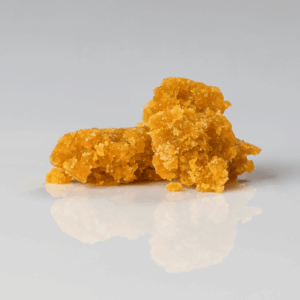
Benefits of THCa Rosin
So, why are people going out of their way to seek out THCa rosin? It comes down to a few key benefits, especially for those who prioritize purity, potency, and control over their cannabis experience.
- Solventless production: No butane, CO₂, or ethanol involved
- High potency: Usually 90%+ THCa, making it one of the strongest dabbable products
- Customizable experience: Blend the crystals with terpene sauce or other extracts
- Cleaner high: Many users report a smoother, less “muddy” high due to its purity
- Versatility: Use it solo, with sauce, or as a powerful cannabis flower topper
These benefits make THCa rosin especially appealing to experienced users and medical patients who need strong, clean relief.
How to Use THCa Rosin
Using THCa rosin isn’t complicated, but it does require the right setup and a little know-how to get the most out of it. The most common method is dabbing—either with a traditional glass rig or a modern e-rig like a Puffco or Carta.
Since THCa needs heat to become psychoactive, dabbing is the most effective way to activate its full potential. Ideal temperatures generally fall in the 500–600°F range to fully convert the THCa into THC without burning off too many terpenes. Users often combine the THCa isolate with terp sauce or other extracts to create a more flavorful hit.
It can also be sprinkled on top of flower bowls or added into joints, though this isn’t always the most efficient use since combustion can sometimes waste product or burn unevenly. And because of its extremely high potency, it’s smart to start slow—especially if you’re not used to concentrated forms of cannabis.
THCa Rosin vs Other Concentrates
When shopping for concentrates, consumers are often faced with a variety of options: BHO (butane hash oil), live resin, distillate, and more. So how does THCa rosin stack up?
Compared to solvent-based extracts like BHO, THCa rosin offers a cleaner and more natural product, with no residual solvents or additives. It’s also more refined than regular rosin, delivering extremely high potency and the option for terpene customization. In contrast, distillate—while potent—is stripped of all flavor and entourage compounds, making it feel more one-dimensional for some users.
Live resin may preserve flavor better than most concentrates, but it’s still solvent-based and can’t match the solventless purity of live rosin THCa. Ultimately, THCa rosin is a go-to for cannabis connoisseurs who prioritize quality, potency, and a clean hit above all else.
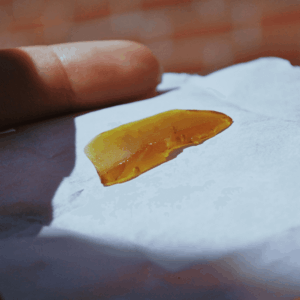
Final Thoughts: Is THCa Rosin Worth Trying?
If you’re looking for one of the cleanest, strongest, and most customizable cannabis concentrates on the market, THCa rosin absolutely delivers. Its solventless nature appeals to health-conscious consumers, while its sky-high potency makes it a favorite among seasoned dabbers and medical users alike. While it may not be the cheapest option on the shelf, the quality and purity speak for themselves.
So, whether you’re chasing intense flavor and psychoactive effects, exploring solventless extraction methods, or just want to dab like a pro, THCa rosin is definitely worth trying. Just be sure to start low, go slow, and savor the power of pure cannabis in its most refined form.
Frequently Asked Questions
1. What does THCA rosin do?
THCa rosin delivers a highly concentrated dose of THCa in a solventless form, typically intended for dabbing. On its own, THCa doesn’t produce any intoxicating effects—it’s the non-psychoactive precursor to THC. However, when you heat THCa rosin (like through dabbing), the THCa converts into THC via decarboxylation, which then produces the potent high most users are looking for. Beyond just getting you high, THCa rosin may also offer therapeutic benefits like pain relief, anti-inflammation, and muscle relaxation when activated.
2. Will THCA rosin get me high?
Yes—if it’s heated. THCa by itself won’t get you high because it hasn’t been activated into THC. But once you apply heat (like with a dab rig or vaporizer), THCa converts into THC, which is the psychoactive compound responsible for that euphoric, cerebral, or body-heavy high. So if you’re dabbing THCa rosin, expect strong effects, but if you consume it raw (like by eating it), you likely won’t feel anything.
3. Will THCA flower get you stoned?
Only if you smoke or vape it. THCa flower is essentially cannabis that’s rich in THCa but hasn’t yet been decarboxylated. When you light up or vaporize THCa flower, the heat transforms the THCa into THC, giving you that classic cannabis high. But if you were to consume THCa flower raw—like by juicing or eating it—you probably wouldn’t get stoned because the THCa remains inactive without heat.
4. Why is THCA being banned?
The legal status of THCa is under increasing scrutiny because it can easily be converted into THC through heat, making it a legal gray area. Some lawmakers argue that products high in THCa are essentially the same as high-THC cannabis once consumed, especially when marketed for smoking or vaping. This has led to bans or restrictions in some states, particularly where recreational cannabis is still illegal. Regulators are concerned that hemp-derived THCa products could be used to sidestep THC laws, even though THCa itself is non-psychoactive until heated. As the cannabis industry continues to evolve, THCa’s legal status may shift depending on how federal and state agencies choose to classify it.




